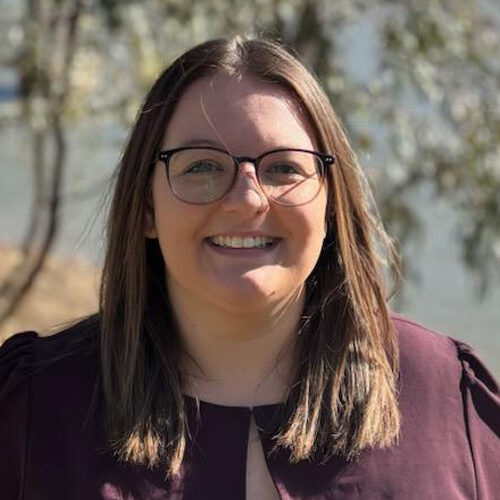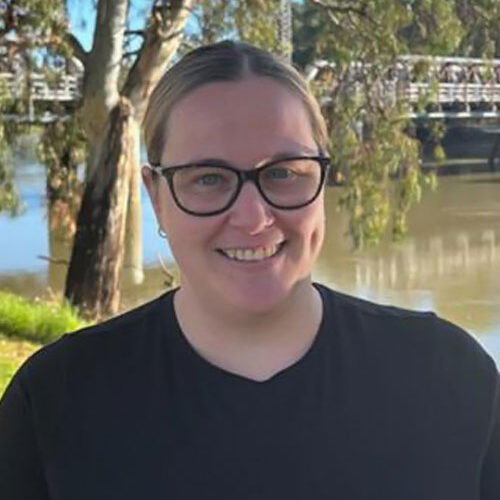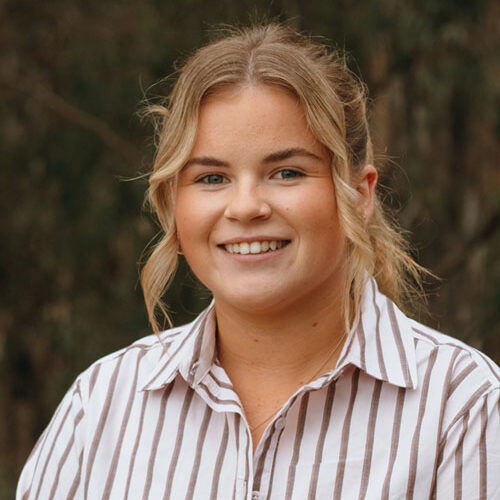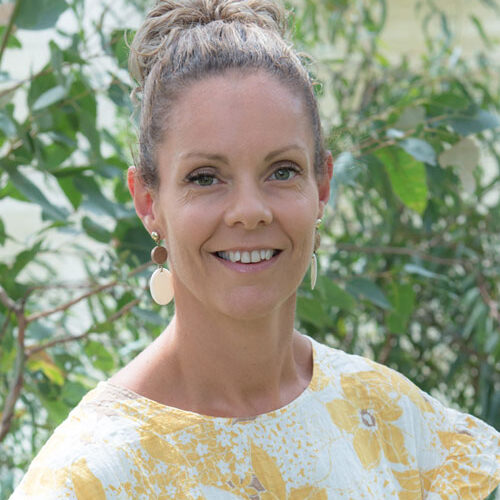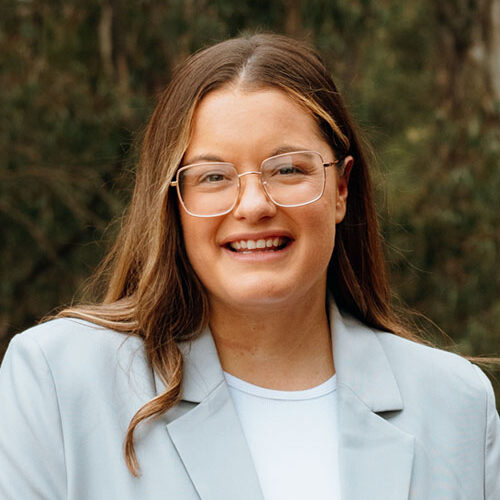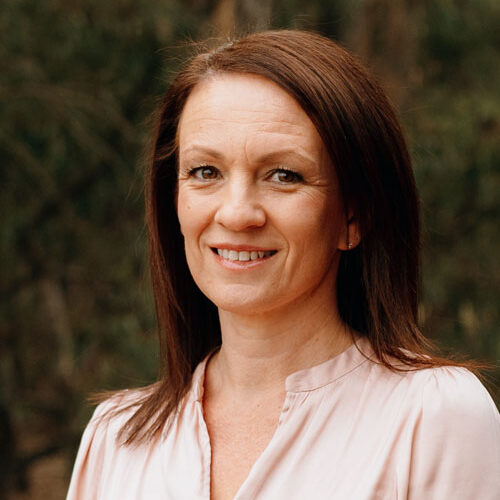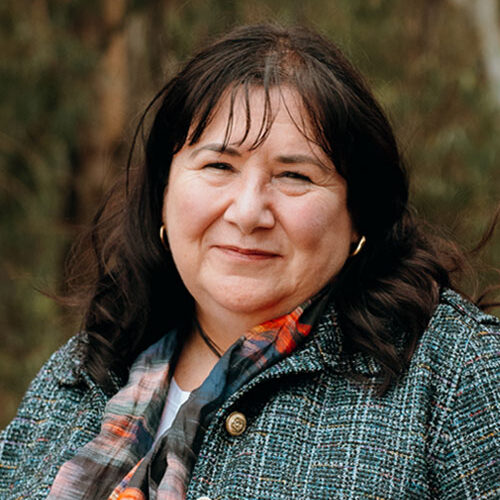Parenting After Separation – Can You Move States?

Separating from your partner is a major life-changing event. Often, when you go through a period of great change, you notice opportunities that didn’t exist before - like being closer to your family or starting a new career. But what happens when these opportunities require major change, such as moving states? Who makes the decisions about parenting after separation? What do you need to do to move states? And, if your ex-partner doesn’t agree, can you move anyway?
Who makes decisions about parenting after separation?
Once you have separated from your partner, you may be wondering who makes all the decisions for your children.
There are two types of decisions when it comes to parenting after separation, day-to-day decisions, and long-term decisions.
Day-to-day decisions
Day-to-day decisions are the small decisions you make every day to meet your child’s basic needs. Either parent can make day-to-day decisions, which will include things like:
- What your child eats
- What they wear
- What time do they go to bed
- How they get to school
Day-to-day decisions are things that need to be decided on, often quickly, that don’t have a long-term impact on your child. It’s unlikely that what they have in their lunchbox today is going to influence them in several years, so that decision can be made without consultation with the other parent.
Long-term decisions
When it comes to making long-term decisions in your child’s life, you will likely both be involved in determining the outcome. This is called equal shared parental responsibility.
When you hear the phrase equal shared parental responsibility, it’s natural to think this is referring to shared care, however, most parents have equal shared parental responsibility for their children after separation regardless of how custody is worked out.
There are some situations where this may not be the case, such as if there are safety concerns, but if you haven’t been through court, then you can assume that you both have an equal right to make long-term decisions for your child.
Long-term decisions are decisions that are going to impact your child’s life now and into the future, and they may include things like:
- What schools they attend
- Religion or cultural upbringing
- Health and medical decisions
- Their name
- Where they live
What do you need to do if you want to move interstate or intrastate?
There are lots of reasons you might be planning to move location either interstate or intrastate. Regardless of the reason for your move, you are going to need to do several things before you go:
- Consider whether it is in your child’s best interests – what are the benefits of moving for your child? And what are the disadvantages?
- Make a plan for how you will maintain meaningful contact between your child and their other parent and family members
- Get written permission from the other parent
If parenting after separation is going well and you are on good terms with your ex-partner, it may be possible to negotiate moving privately. However, it is a good idea to get the help of an experienced family lawyer to guide you through the decision-making process and draw up a legally binding agreement.
My ex-partner doesn’t agree, can I move anyway?
Moving your child to a different state without your ex-partner’s written agreement is a risky move. Your ex-partner can approach the courts and file a request to have you return to the area your child was originally living in.
This is an expensive and time-consuming process, especially if you have already begun setting up a life in your new state.
If you can’t negotiate an agreement privately, it is a good idea to get an experienced lawyer to help with negotiations or mediation. If this fails, you can apply to the courts to have them decide whether moving is in the best interest of the child or not.
It might take a little longer, but moving with the peace of mind that you can settle into your new life is worth the wait.
Family Lawyers in your area
Joliman Lawyers in Victoria are experts in family law. Our team of experts will do everything we can to guide and support you through the family law minefield, from custody agreements to property and asset distribution, to minimise anxiety and achieve the best outcome. We have offices in Swan Hill, Echuca and Cohuna. Call us on 03 5032 2121.
Would you like help with your parenting arrangement?
Here at Joliman Lawyers, we understand how complicated parenting after separation can be, particularly when long-term decisions need to be made. We provide family coaching, parenting coordination coupled with mediation (if required) and family dispute resolution services to assist families to reach an agreement.
Get in touch today to find out more about how we can help you get through the challenging times.

